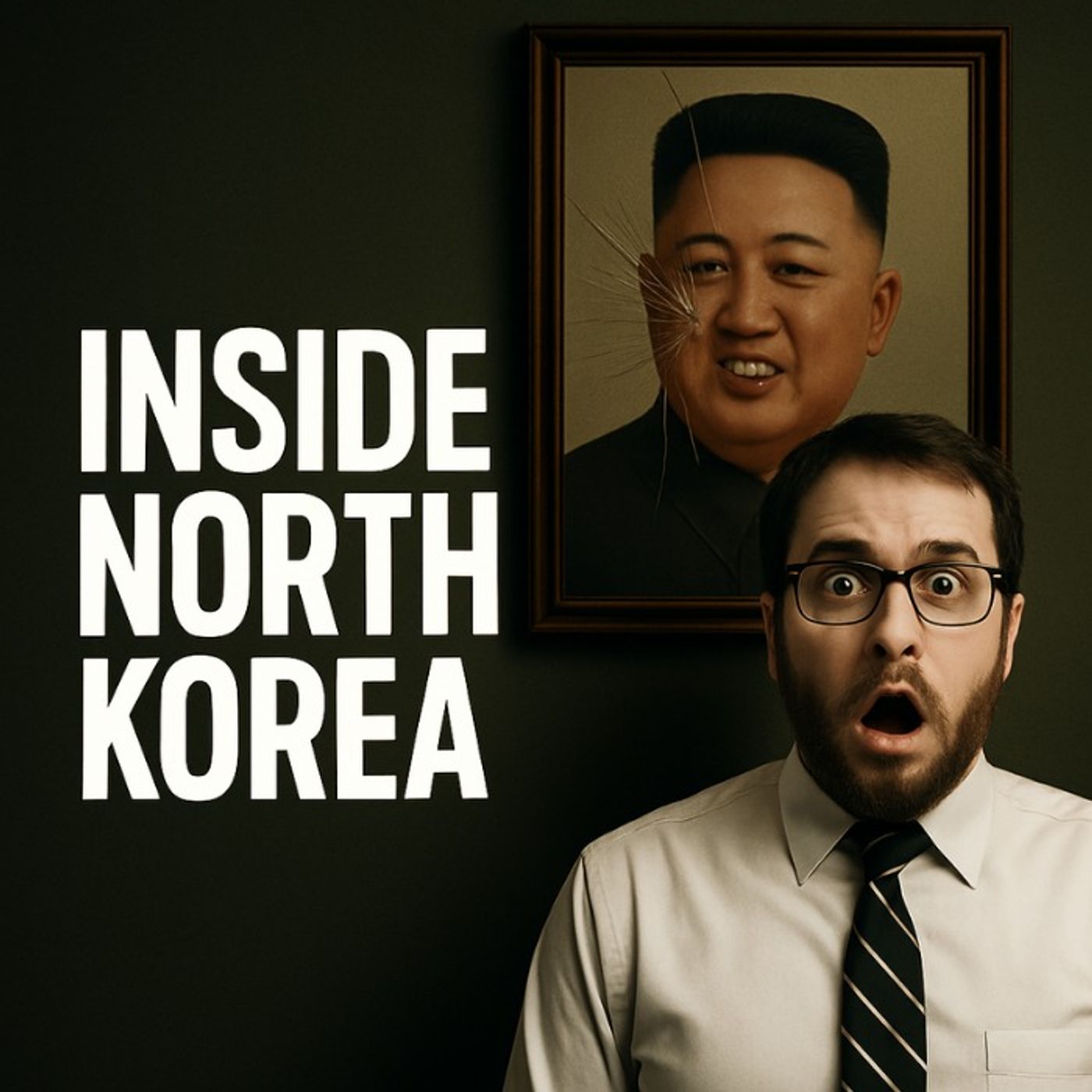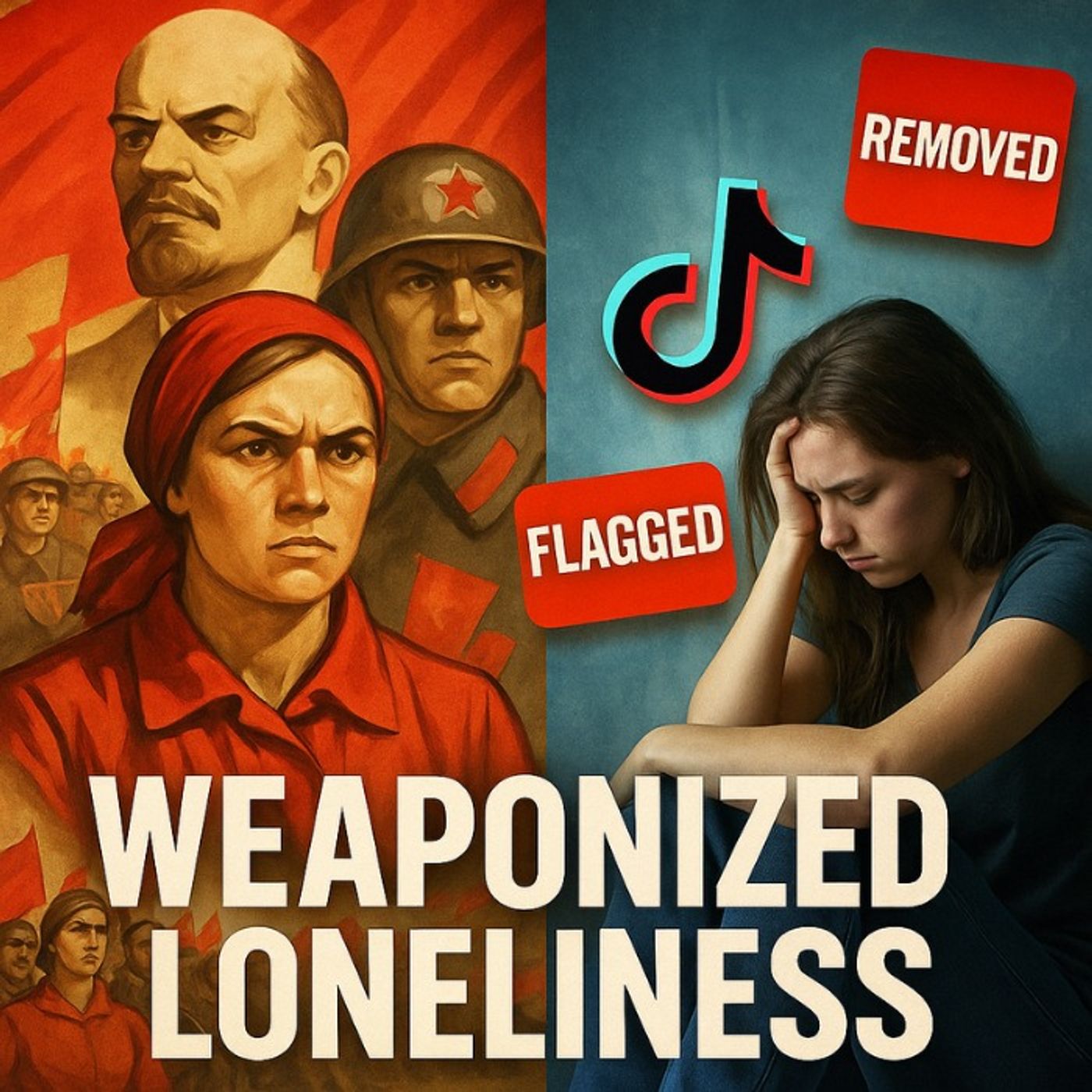E160: How North Korea’s Dictatorship Endures: Historian Fyodor Tertitskiy Explains
Description
A deep dive with historian Dr. Fyodor Tertitskiy on how North Korea’s dynasty survives—through isolation, terror, and nukes—and why collapse or unification is far from inevitable.
Guest bio:
Fyodor Tertitskiy, PhD, is a Russian-born historian of North Korea and a senior research fellow at Kookmin University (Seoul). A naturalized South Korean based in Seoul, he is the author of Accidental Tyrant: The Life of Kim Il-sung. He speaks Russian, Korean, and English, has visited North Korea (2014, 2017), and researches using Soviet, North Korean, and Korean-language sources.
Topics discussed:
- Daily life under extreme authoritarianism (no open internet, monitored communications, mandatory leader portraits)
- Kim Il-sung’s rise via Soviet backing; historical fabrications in official narratives
- 1990s famine, loss of sponsors, rise of black markets and bribery
- Nukes/missiles as regime-survival tools; dynasty continuity vs. unification
- Why German-style unification is unlikely (costs, politics, identity; waning support in the South)
- Regime control stack: isolation, propaganda “white list,” terror, collective punishment
- Reliability of defectors’ accounts; sensationalism vs. fabrication
- Research methods: multilingual archives, leaks, captured docs, propaganda close-reading
- Elite wealth vs. citizen poverty; renewed patronage via Russia
- Coups/assassination plots, succession uncertainty
- North Korean cyber ops and crypto theft
- “Authoritarian drift” debates vs. media hyperbole in democracies
- Life in Seoul: safety, civility, culture
Main points:
- North Korea bans information by default and enforces obedience through fear.
- Elites have everything to lose from change; nukes deter regime-ending threats.
- Unification would be socially and fiscally seismic; absent a Northern revolution, it’s improbable.
- Markets and graft sustain daily life while strategic sectors get resources.
- Collapse predictions are guesses; stable yet brittle systems can still break from shocks.
- Defector claims need case-by-case verification; mass CIA scripting is unlikely.
- Archival evidence shows key “facts” were retrofitted to build the Kim myth.
- Democracy’s victory isn’t automatic—citizens and institutions must defend it.
Top 3 quotes:
- “There is no internet unless the Supreme Leader permits it—and even then, someone from the secret police may sit next to you taking notes.”
- “They will never surrender nuclear weapons—nukes are the guarantee of the regime’s survival.”
- “The triumph of democracy is not automatic; there is no fate—evil can prevail.”
🎙 The Pod is hosted by Jesse Wright
💬 For guest suggestions, questions, or media inquiries, reach out at https://elpodcast.media/
📬 Never miss an episode – subscribe and follow wherever you get your podcasts.
⭐️ If you enjoyed this episode, please rate and review the show. It helps others find us.
Thanks for listening!
























